The Cyber Security Summit 2024, held in Tashkent, Uzbekistan, from 9-10 October, opened with an urgent call for international cooperation in tackling the growing cybersecurity challenges of today’s digital world. In a panel discussion on “The Global Cybersecurity Threat Landscape,” industry leaders highlighted the escalating risks posed by ransomware, artificial intelligence (AI)-driven threats, and the vulnerabilities inherent in critical infrastructure, urging nations to strengthen partnerships to build collective resilience and one overwhelming theme was that cyber security is national security.
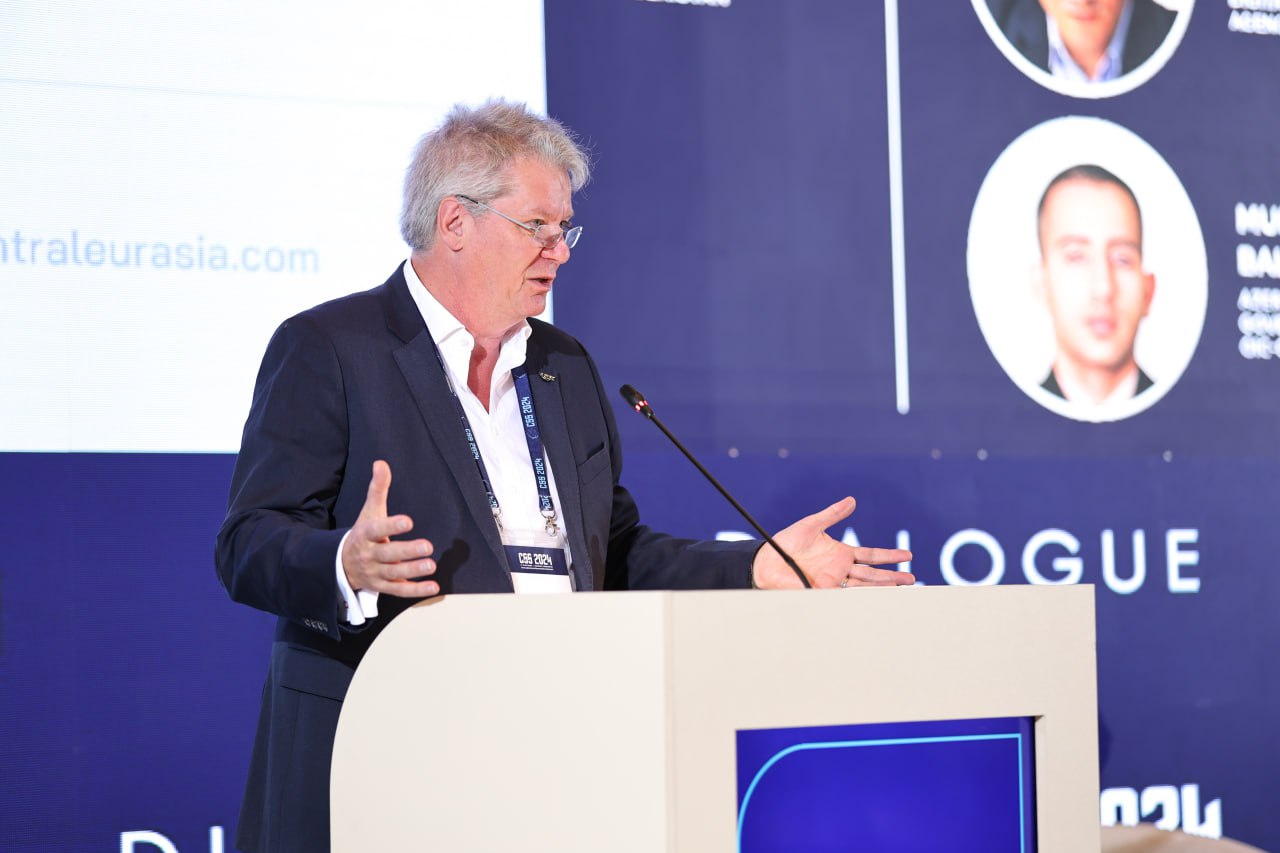
Chris Gibson, the Chair of the Forum of Incident Response and Security Teams (FIRST), opened the panel with a stark overview of the global cybersecurity situation. “Ransomware is growing in sophistication and severity. Attacks are no longer isolated; they target critical infrastructure, with dire consequences,” he said, referencing the infamous pipeline attack in the United States. Gibson underscored that ransomware is symptomatic of deeper issues in baseline internet security. “We don’t secure the internet well enough to stop these threats. Ransomware is simply monetizing a much bigger problem,” he added.
Reflecting on decades of cybersecurity challenges, Gibson expressed frustration at the persistence of phishing attacks and social engineering. “Twenty-five years on, phishing is still one of the most effective tools for attackers. We need to improve user education and make end-users our strongest defense,” he concluded. He stressed the importance of international collaboration, emphasizing that “no host is an island,” and urged participants to expand cross-border intelligence sharing.
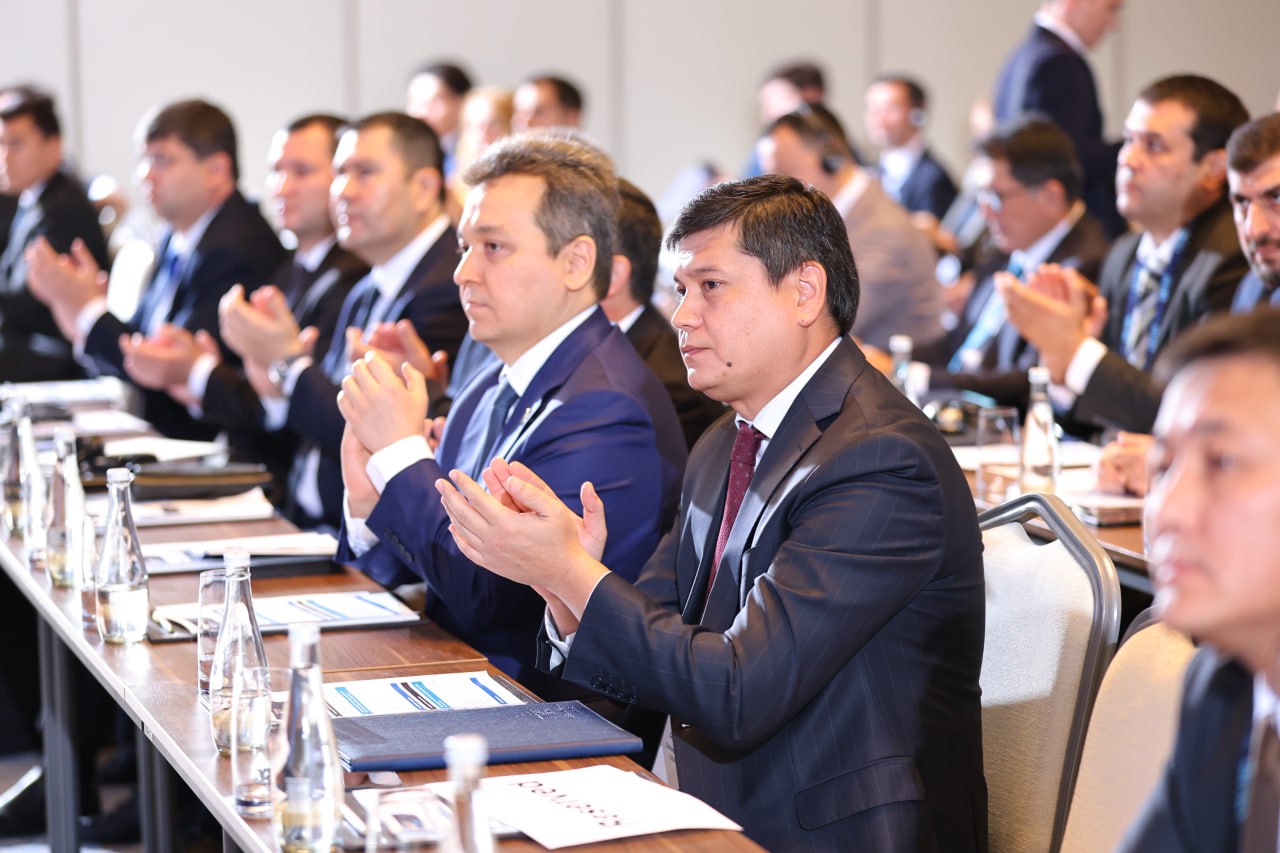
Olimjon Mirzaev, head of the National Cyber Security Centre of Uzbekistan, built on this theme by calling attention to the need for speed in response times. “It takes only 22 minutes for a hacker to exploit a newly discovered vulnerability,” he revealed. Mirzaev emphasized the importance of Uzbekistan’s new partnerships and the signing of a memorandum of understanding at the summit to enhance cooperation with global cybersecurity bodies. “Cyber threats do not respect borders, and neither should our defense strategies,” he added.
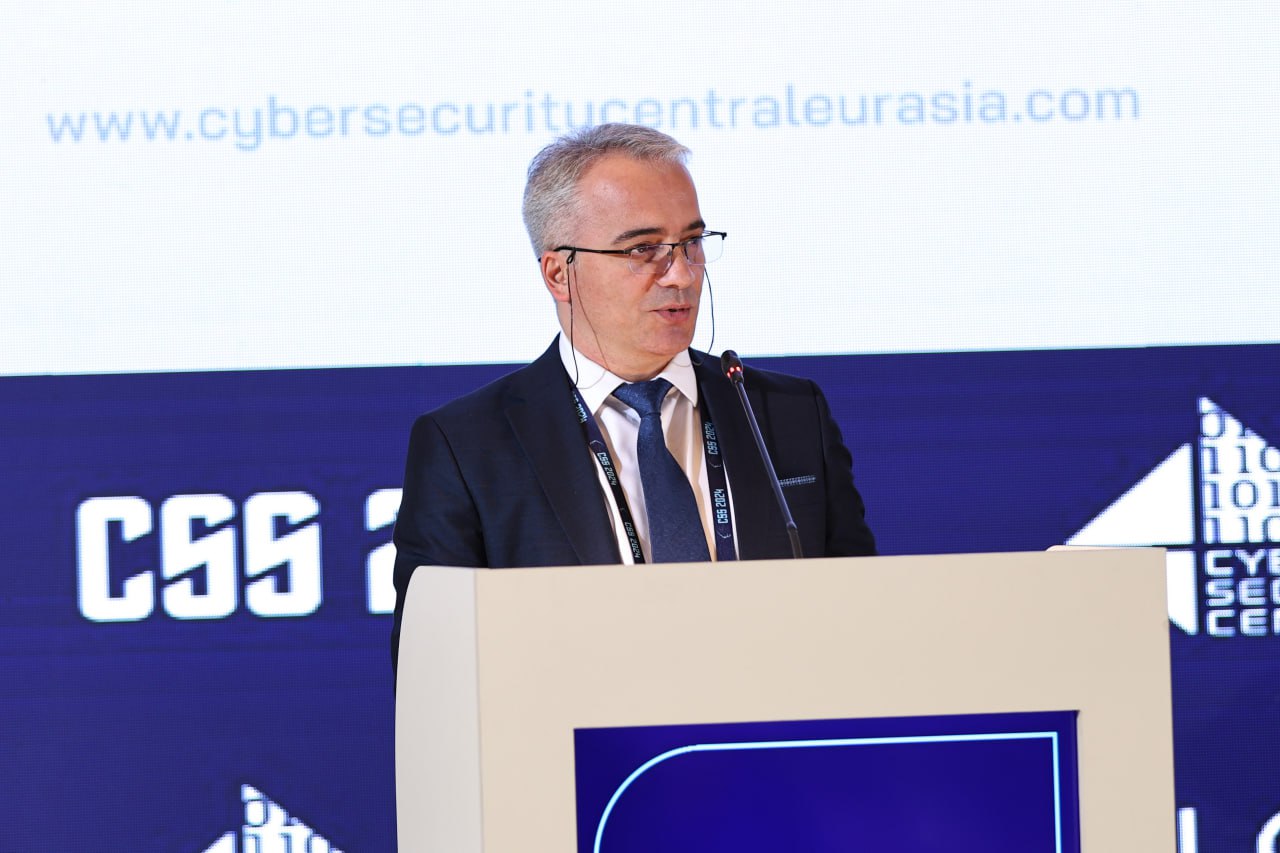
Representing Georgia’s Digital Governance Agency, Levan Gelashvili turned the spotlight on the rapid advancement of technology and the increasing complexity of cyberattacks. “AI and machine learning are now being used by attackers to launch more sophisticated and devastating attacks,” Gelashvili said. He also highlighted the growing risks posed by IoT (Internet of Things) devices, which often lack security features. “These devices, found everywhere, from homes to hospitals, can be entry points for cyberattacks,” he warned, stressing the need for cross-sector and international collaboration to address these vulnerabilities.
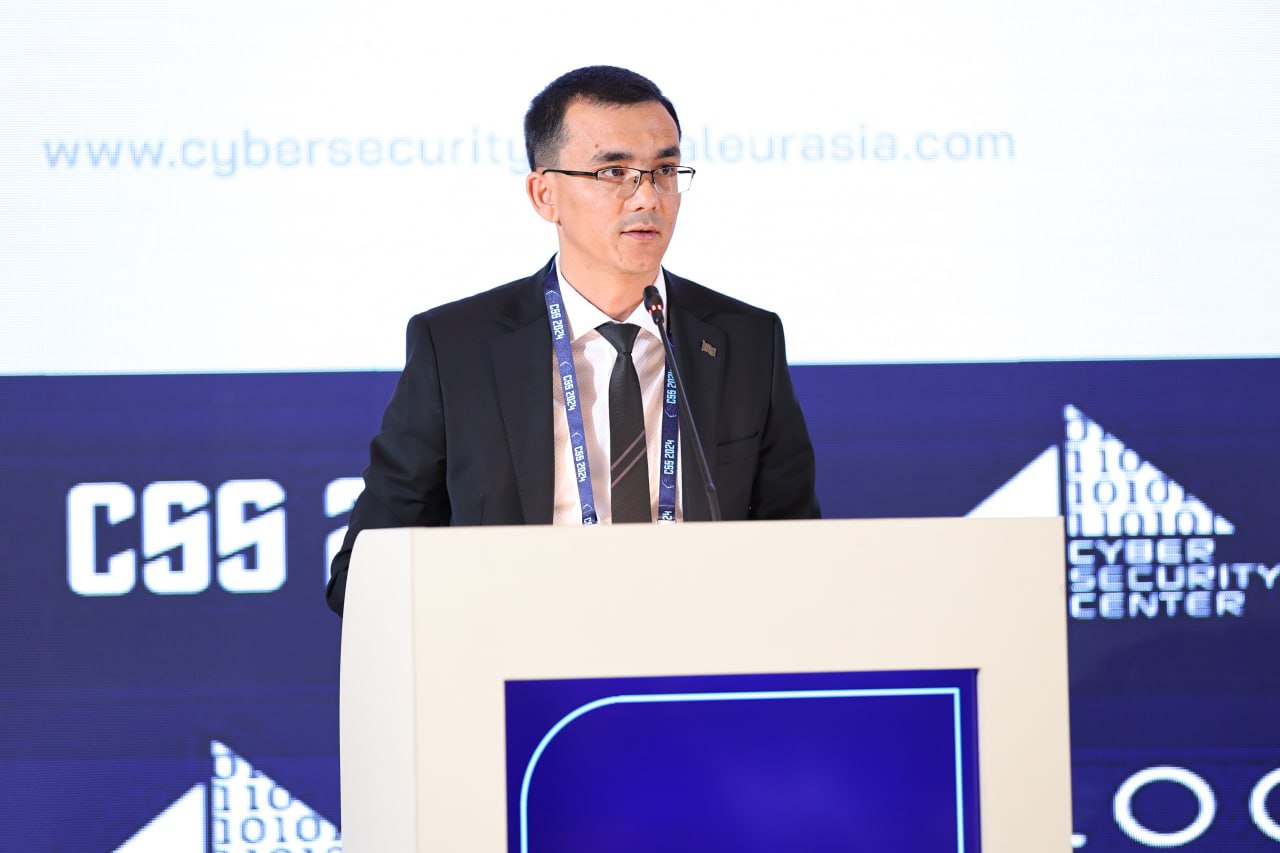
Gurbanmyrat Yurdamanov, from Turkmenistan’s State Cyber Security Service, echoed the need for cooperation in dealing with cybersecurity threats, which he described as one of the top issues facing national security today. “Cybersecurity is not just a technical issue; it is about protecting our sovereignty and economic stability,” Yurdamanov stated.
Yurdamanov also pointed to the role of government in leading these efforts, noting that Turkmenistan has been actively working to bolster its cybersecurity defenses through improved regulatory frameworks and by fostering expertise within the country. “We are developing our national capacity to deal with these threats by investing in training and expanding our cybersecurity workforce. But to truly succeed, we need greater collaboration with international partners,” he said.
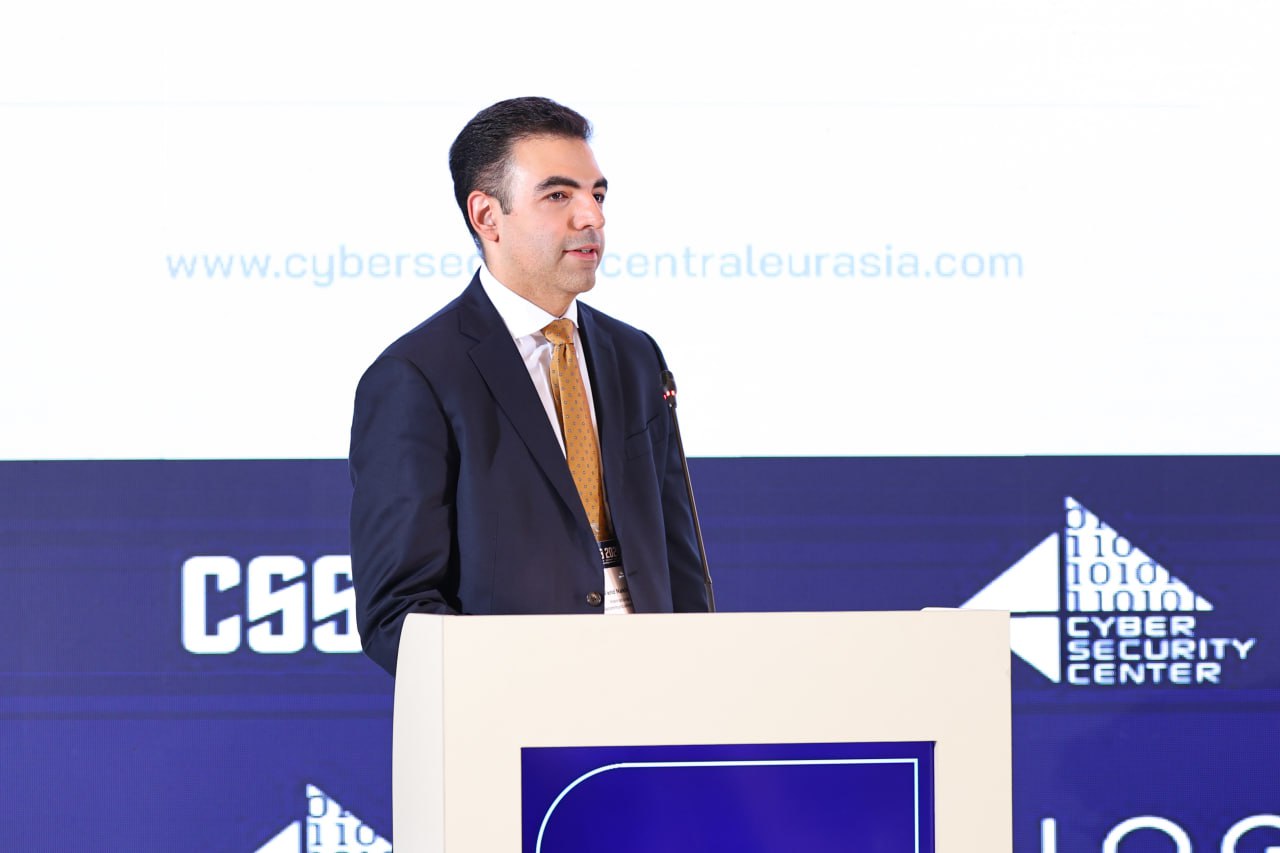
In a detailed analysis of regional efforts, Farid Nakhli from the International Telecommunication Union (ITU) presented the Global Cybersecurity Index 2024, highlighting how countries like Uzbekistan are advancing their cybersecurity capabilities. “Uzbekistan has entered Tier 2 in the global rankings, showing commendable progress, but there are still areas for improvement, particularly in technical and organizational measures,” Nakhli explained. He stressed the importance of regularly updating national cybersecurity strategies to keep pace with rapidly evolving threats. “These strategies cannot be static; they must evolve with the threat landscape.”
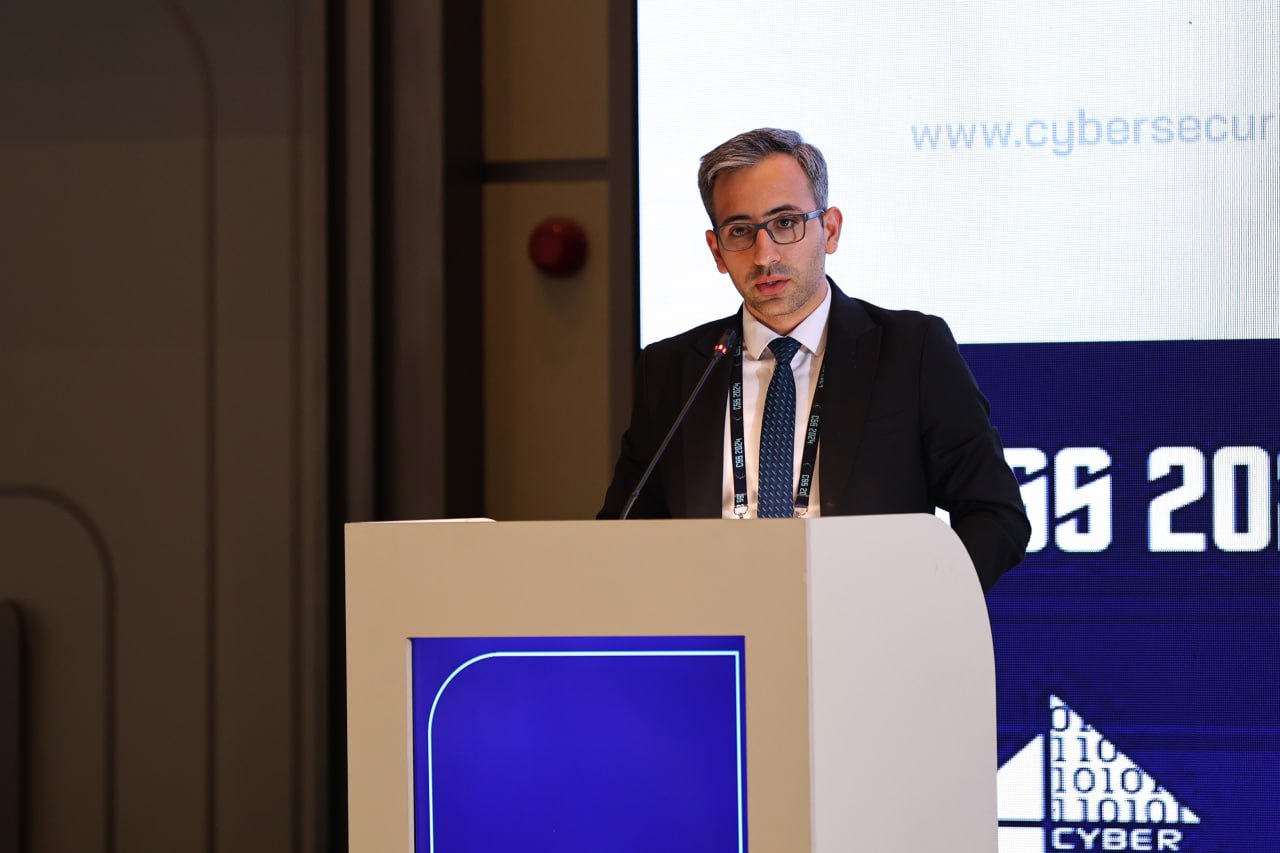
Azerbaijan’s Murad Balayev, from the Special Communication and Information Security State Service, focused on the protection of critical infrastructure, particularly in the context of governmental and public information systems. “Azerbaijan’s innovative solutions and international partnerships are key to protecting our most important assets,” Balayev stated. He stressed that cybersecurity is a shared responsibility: “Public and private sectors must work together, as threats to our infrastructure are increasingly targeting areas vital to national security.”

Vitaly Kirschenya, a cybersecurity expert at Cloudflare, discussed the alarming growth in DDoS (Distributed Denial of Service) attacks. “We processed an attack this year that reached 200 million requests per second. This is the size of the entire internet being weaponized against you,” he said. Kirschenya also warned of the increasing vulnerabilities related to APIs (Application Programming Interfaces), noting that “half of the internet’s traffic is API-based, yet a third of these endpoints are unknown to their owners. This is a significant blind spot in the security landscape.”
Kirschenya urged organizations to focus on securing APIs and emphasized the need for swift action in the face of rapidly evolving threats. “Hackers are getting faster—22 minutes from vulnerability disclosure to exploitation. We need to be even faster,” he added.
Key Takeaways:
•Ransomware Threats: Chris Gibson emphasized that ransomware attacks are more than just technical problems—they highlight fundamental issues with internet security.
•Speed of Exploitation: Olimjon Mirzaev revealed that hackers can exploit vulnerabilities in as little as 22 minutes, urging faster global response times.
•AI and IoT Risks: Levan Gelashvili warned about AI’s growing role in cyberattacks and the vulnerabilities posed by unsecured IoT devices.
•National Security: Gurbanmyrat Yurdamanov stressed that cybersecurity is vital for protecting national sovereignty and economic stability.
•Cybersecurity Index: Farid Nakhli presented Uzbekistan’s progress in global cybersecurity rankings, highlighting areas for continued improvement.
•Critical Infrastructure: Murad Balayev focused on securing Azerbaijan’s governmental and public information systems through innovative solutions and partnerships.
•API Vulnerabilities: Vitaly Kirschenya alerted the audience to the increasing threats posed by unsecured APIs, as well as the rapid growth of DDoS attacks.
The Cyber Security Summit 2024 continues, with more discussions aimed at fostering international cooperation and strengthening global cybersecurity resilience.
Comments (0)